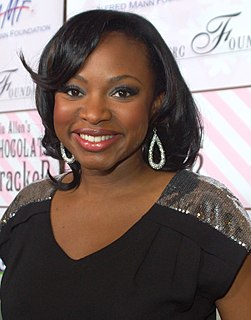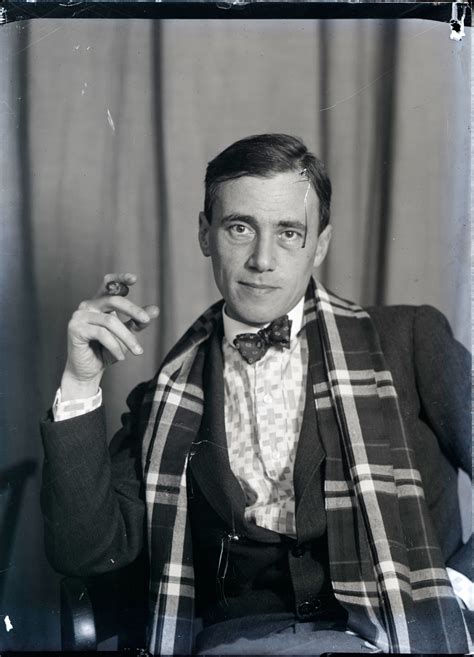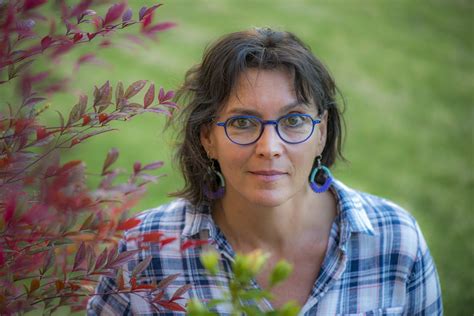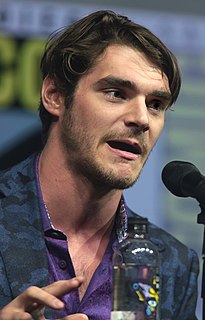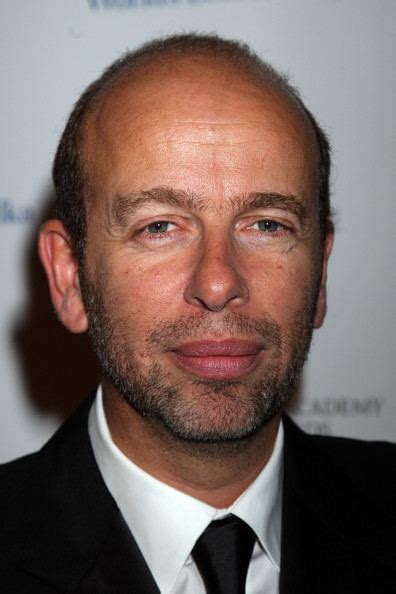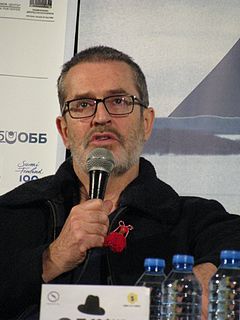A Quote by George Clooney
I use my film-making to work through my deep questions and my deep problems. I think I could watch each film and tell you exactly which part of my psyche I'm trying to work out.
Related Quotes
I conceive of the film as a modern art form particularly interesting to the sense of sight. Painting has its own peculiar problems and specific sensations, and so has the film. But there are also problems in which the dividing line is obliterated, or where the two infringe upon each other. More especially, the cinema can fulfill certain promises made by the ancient arts, in the realization of which painting and film become close neighbors and work together.
There is something that might be called cinematic beauty. It can only be expressed in a film, and it must be present for that film to be a moving work. When it is very well expressed, one experiences a particularly deep emotion while watching that film. I believe that it is this quality that draws people to come and see a film, and that it is the hope of attaining this quality that inspires the filmmaker to make his film in the first place.
Some things definitely work better on film than in books. Introspection is great in books but it doesn't work on film. Anything with high intensity, whether it's a love scene, a car chase, a fight scene - those things work so well on film and oftentimes they can tell a much broader part of the story.
The book Dynamic Programming by Richard Bellman is an important, pioneering work in which a group of problems is collected together at the end of some chapters under the heading "Exercises and Research Problems," with extremely trivial questions appearing in the midst of deep, unsolved problems. It is rumored that someone once asked Dr. Bellman how to tell the exercises apart from the research problems, and he replied: "If you can solve it, it is an exercise; otherwise it's a research problem."
I just feel like it's so amazing every few years when I'm not making a film to act and basically go back to film school and just watch other filmmakers work and try to be a part of somebody else's vision. So I feel like you do use two very different parts of your brain, and it's great to be able to jump back and forth.
I will tell you that I'm a bit of a snob. I love film, and I would like to work in film, and I'm disappointed that indie film is as hard as it is to work in now. It's hard to get things done, but that sort of work is being done on TV. That's what I do; that's what I write. It's what I love, and hopefully, that's what my future's going to be.
I always knew that I could go deep. How deep? I don't know. But it always seems that with each character I take on, I'm challenged to go deeper than the last time, and then again deeper than the last time. This is the deepest I've ever been asked to dive. And to see how deep I actually went for this, and that I wasn't afraid to go there in order to give Tyler exactly what he envisioned for the character, which was pretty deep, that's what I discovered about myself.
I've always liked the idea of inventing stuff. My father told me, because I was naïve, I would think things could work and therefore do them, because I would have no doubt even though there was no solid foundation for this confidence. I don't think I would be a real inventor. But when I set out to do animation, which was my first step into film-making, I realised I could achieve this idea. I could take some elements, create a sort of clumsy invention, and make them work for the camera.
Now there's always exceptions to that and the reason is if the film doesn't really work, whereas before you could rely on a decent amount of DVD sales to prop up the revenue to ensure that you got out in a decent manner, now if the film doesn't work, the film doesn't work and there's none of that DVD revenue to fall back on and you can lose a huge, huge sum of money on a big budget movie.

